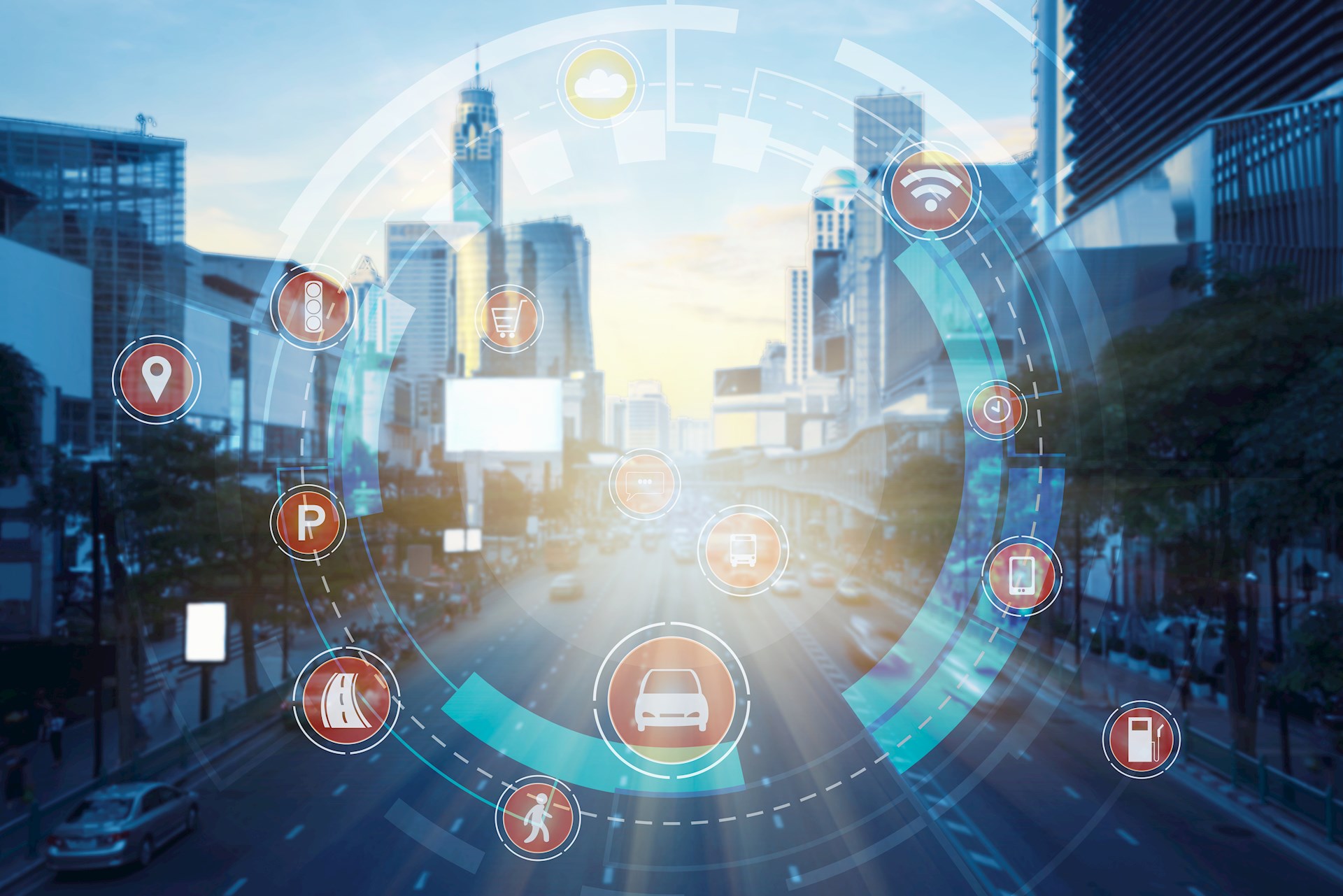Since joining the DCC (Data Communications Company), much of my time has been spent on driving, defining, and developing our vision for Network Evolution.
In this month's blog, I will show what Network Evolution means to the DCC, our customers, and how it will help underpin Britain’s future smart energy network.
Network Evolution will ensure the platform continues to adapt, leveraging modern technologies and capabilities for improved performance, resilience, and dynamic scaling.
"The good news for our customers is that this evolution will drive a lower cost per transaction across our infrastructure."
Why do we need to evolve the network?
The energy industry is going through rapid change. Renewables are becoming more important. The move towards decentralised generation, micro generation and behind the meter assets, as well as changing load requirements from EVs (Electric Vehicles) and heat pumps, will all require the smart metering network to evolve too.
Network Evolution at the DCC will see the introduction of a new communication hub (the device that connects the smart electricity and gas meters to the DCC network). The communications hub needs to last 15 years and span 2G, 3G and transition to 4G. You might ask, ‘why not jump to 5G?’? My answer is that the DCC needs to deliver universal coverage to over 98% of homes. 4G has only reached a reasonable level of national coverage in 2020 and 5G will only have the required level of coverage towards 2030. It also has challenges with penetration into the parts of homes required for meter connectivity.
Next in our programme is the Data Services Platform, the heart of the smart meter infrastructure. The DSP (Data Service Platform) delivers the digital messages and over-the-air software updates. Its design is underpinned by the highest level of cyber security, as you would expect from part of the UK’s critical infrastructure.
The DSP was designed over 10 years ago and while it was based on the best principles at the time, the world of connected infrastructure has evolved, and its time the DSP evolved too. These principles include Cloud, Software Development Kits (SDK’s) and Application Programme Interfaces (API’s), as well as leveraging standard interfaces to ensure our customers can introduce new capabilities at a much lower cost. The DSP will benefit from an upgrade that includes some of the technology capabilities.
Evolving the network will ensure all the capabilities of the current system are maintained and where possible, enhanced. But that’s not all. An upgrade will secure the next 20 years, supporting the UK’s Net Zero target, meet the varied and changing needs of our customers and allow the introduction of new capabilities for Britain’s consumers.
We have a digital asset that we can be proud of, and we can leverage this national asset so that every single home supports the UK’s decarbonisation agenda and enables social good through the ubiquity of connectivity for all.
Network evolution will also make available the best service from your supplier, and enable innovative new services like EV home charging, Telemedical Home Support, and a true SMART Home, SMART Energy system. There’s much to be done but working closely with our customers I believe we can build as assets for all to benefit from.

Mike Hewitt
Chief Technology Officer
Further reading






